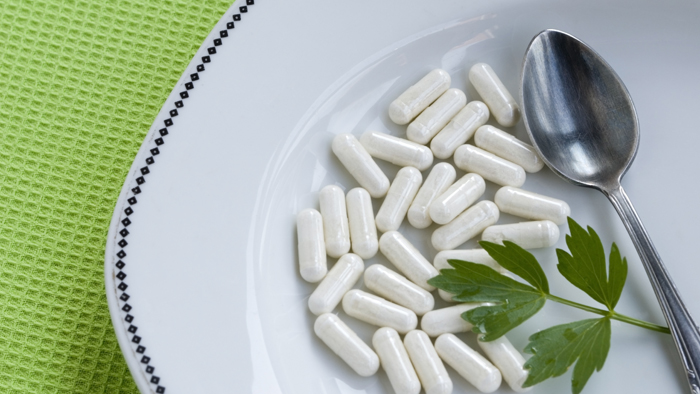
When was the last time you had a doctor ask, “What did you eat yesterday? What is the food you eat regularly? Honestly.”?
When was what you ate the prescription for recovery first, before drugs? Have you ever had a doctor say, “Okay, don’t eat this, but eat this instead for a week and let me know if your problem isn’t improved.”?
One last question: why isn’t what we eat more routinely thrown in the mix of treating our illnesses?
On the average, doctors receive less than twenty hours of nutrition training in four years of medical school. Also, while aspiring doctors need to take courses in calculus, organic chemistry, and physics, there are no requirements for formal nutrition courses before medical school. This is so surprising to me since I always have looked to doctors as the experts in all things that can affect our health, including how food impacts our well-being. Heck, if the fact that doctors receive so little training in nutrition is true, I probably know more about food than many of them.
I have found diet to be a part of whole person wellness but predominantly with holistic doctors and not with main-stream physicians such as the ones I’ve had at the huge HMO where I’m a member. I guess it is true that the pharmaceutical industry is in cahoots with the medical profession, and drug companies wield an inordinate amount of power with health professionals, which may be one reason food isn’t a common health solution.
In addition to drugs, the push to buy supplements is huge in our country. Billions of dollars are made on selling the idea that chemically manufactured supplements are better and more abundant in pill form instead of in the food we eat. If you take supplements in pill form and they work for you, great! In many cases, however, there is another way to get what the supplements provide.
Drugs Play an Important Role
Indeed, many health conditions require traditional medical intervention … immediately. I’m not ignoring or minimizing the role of drugs in managing temporary or chronic illnesses. Regardless of what I eat, for instance, if I don’t take prescribed drugs, my Type 2 diabetes will not be successfully managed. I do an outstanding job of managing it with diet and exercise, however, I still require drugs to aid my pancreas in the production of insulin. So, don’t get me wrong – I’m not saying forget drugs and rely on diet alone.
There’s a medical benefit in many of the foods we consume, and I think sometimes we overlook the power of those foods.
Should Docs be Talking to Us About Our Diets?
The foods you eat can significantly help prevent and manage symptoms of many illnesses. We can deal with gastrointestinal problems, manage fatigue, sleep issues, and stress, as well as their related illnesses, in most cases, with dietary changes. Even if foods don’t ultimately solve a problem, I want my doctor to talk to me about possible options I might have regarding dietary changes that could help me get better.
Perhaps the tide is changing, and doctors will recognize the value of dietary changes that can help patients, but it’s an uphill struggle against the mega-pill companies that need us to consume their products.
I want my doctor to remind me that healing and healthy living require balance. I’m not afraid for my doctor to suggest for the umpteenth time that I avoid or limit empty calories and foods that rob me of energy and harm my health. I want to have the conversation about nutritious foods to fuel my day and help prevent illness and improve recovery if I am injured. I want the doctor to ask, “What have you been eating?”

